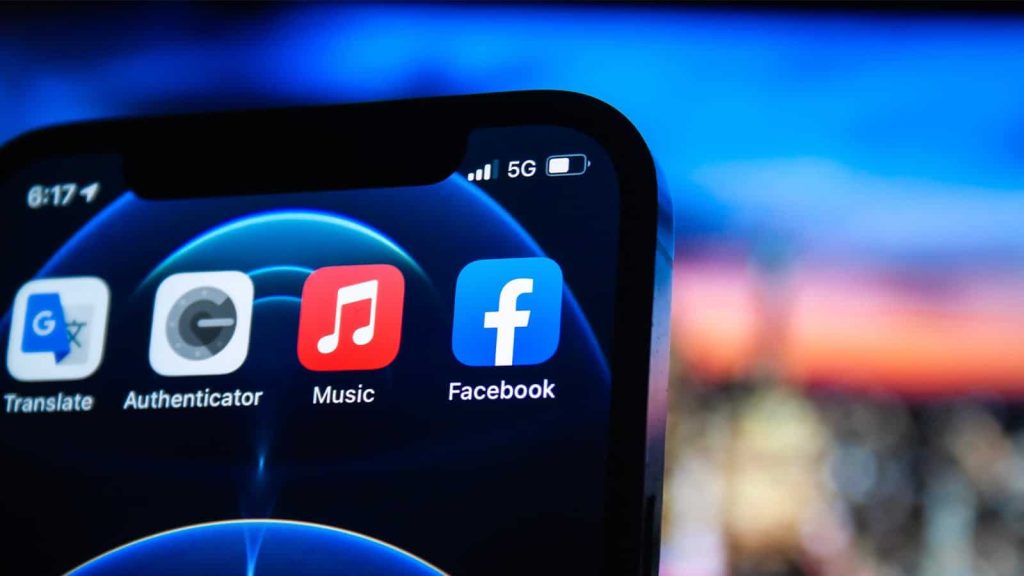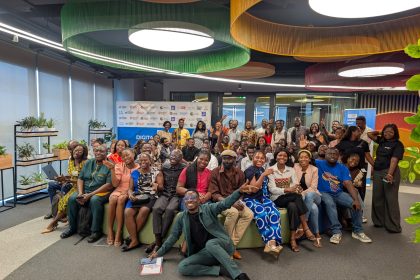5G, the fifth generation of mobile network technology, recently launched in Ghana, promising faster speeds, reduced latency, and new opportunities across various sectors.
With anticipation building around its rollout, let’s explore what Ghanaians need to know about this next-generation technology.
What is 5G, and How Does It Differ From 4G?
5G is designed to deliver data speeds up to 100 times faster than 4G, with latency (or delay) reduced to milliseconds. This improvement enables smoother streaming, real-time gaming, and enhanced video conferencing.
What Speeds Can I Expect With 5G
5G average speeds vary depending on the type of service, but can range from 40–300 Mbps for home internet to 75–400 Mbps for mobile data.
What Is The Current State of 5G Rollout in Ghana
Ghana launched its 5G service on Friday November 1. The Ministry of Communication stated that the service would first be rolled out in three cities: Accra, Kumasi and Takoradi.
Some other urban centres will also receive 5G service before the end of 2024.
Which Telcos Will Offer 5G Service
Currently, Telecel and AT Ghana have signed on to the 5G infrastructure and will be offering 5G service for their customers before 2024.
MTN is currently in negiotations to sign on to the 5G open infrastructure and is expected to offer 5G service to its customers before the year ends.
Benefits of 5G for Ghana
5G has the potential to drive significant advancements across various sectors in Ghana:
- Healthcare: With 5G, telemedicine can become more accessible, especially in rural areas, enabling remote diagnosis and treatment.
- Education: 5G could transform e-learning, making high-quality educational content available to students across Ghana, including rural regions.
- Agriculture: Smart farming technologies, powered by 5G, can help Ghanaian farmers monitor soil conditions, manage resources, and increase productivity.
- Business and Industry: 5G can boost digital services for businesses, supporting innovations like automated logistics, enhanced e-commerce, and real-time customer engagement.
Challenges to Full 5G Implementation
The road to 5G adoption in Ghana comes with challenges:
- Device Compatibility: For Ghanaians to experience the full benefits of 5G, they need devices compatible with 5G. While 5G phones are becoming more common, they remain more expensive than 4G models, which could limit accessibility.
- Affordability and Accessibility: Ensuring that 5G services are affordable to the average Ghanaian is crucial. Competitive pricing will be necessary to increase adoption across all income levels.
The Ministry of Communication stated that 5G access should be fully implemented across the country by 2026.
How To Access 5G Service
In order to access 5G service when it starts rolling out, you would need to have a 5G-enabled device.
For iOS, iPhones 12 and later models are compatible with 5G cellular networks.

Android devices such as Samsung Galaxy S21 5G and others can also access 5G services. You would need to check and make sure the next Android device purchased is capable of 5G.
Some companies like MTN will be offering customers 5G routers to access 5G services at their homes or businesses.
How Much Will 5G Data Cost
Currently, there is no pricing for 5G service but it is expected to be affordable for the average user because of the 5G shared infrastructure provided by the 5G network provider NextGen Infraco.










